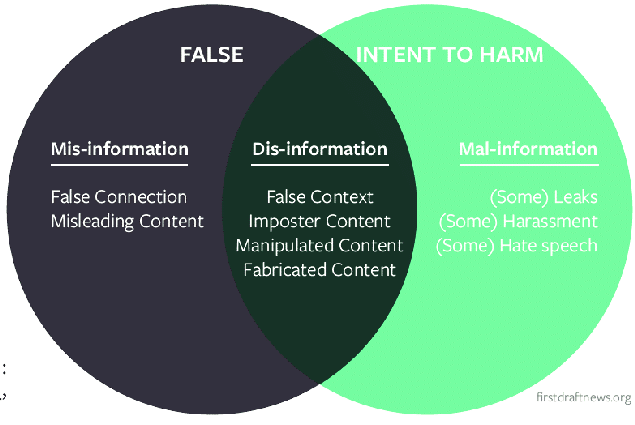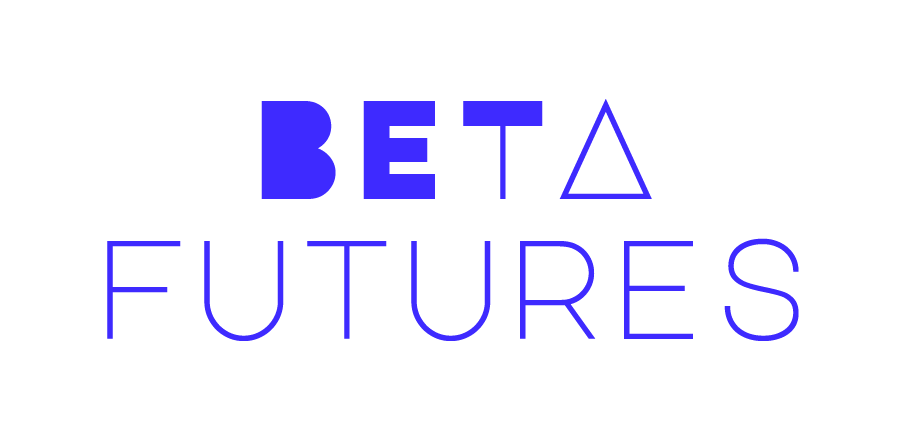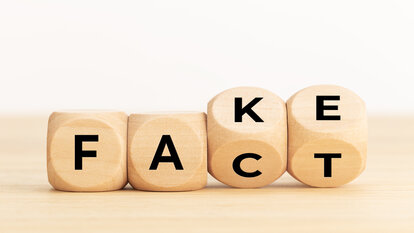Fake news. We usually discuss it within the context of algorithms built to prefer fake news over real ditto on platforms like Facebook and Twitter – a dangerous spiral where our worldview perceptions are manifested instead of being (often rightfully) challenged.
But what we don’t always discuss is the level of deliberate business done by these big conglomerates, or how diaspora communities and targeted new business initiatives in the Global South in particular often lack proper backup to fight the system.
To get to the point, I do best to just share John Oliver’s October 2021 release ’Misinformation’ on Last Week Tonight. A comedic breakdown to explain the concept works better coming from a joke-cracking veteran than me clanking on my keyboard.
I know… 20 minutes will blow your attention spans to pieces (if you even clicked on the video in the first place)! I better pick up from where John lefts off to keep you in the game a little while longer. Thus, a few takeaways:
- Misinformation in diaspora communities is particularly thriving because the monitoring agenda among key players like Facebook is largely English-language driven, so the lack of fact-checking on literally the exact same content in other languages may slip through to its audience.
- Other apps used in Facebook’s stead – particularly WeChat in China – tend to operate more restrictively with end-to-end encryption, making it virtually impossible to check your sources.
- Facebook strikes popular initiatives with mobile phone carriers to see prices plummeting and users soaring. Although, as Annemarie deliberated on last week, such infrastructure often leads to the spread of misinformation.
- The greatness of Facebook-owned WhatsApp in India is not all fun and cute. The app’s influence on inciting violence basically led to a jaw-dropping PSA in an attempt to educate its users not to blindly share ‘anything your cousin says’.

John also points out the difference in generational usage in which the parent generation more easily shares… let’s call it “debatable” information. I bet most of us can pinpoint at least one friend or “crazy uncle Frank” who shares this type of content on a regular basis.
So what do you think could be done on our part as individuals to dodge fake news? Where do you see dataism, algorithms and the disinformation debate in 5 or even 10 years? And what would the relationship with aid and development look like at that point?
To be quite frank, I dare not say.

